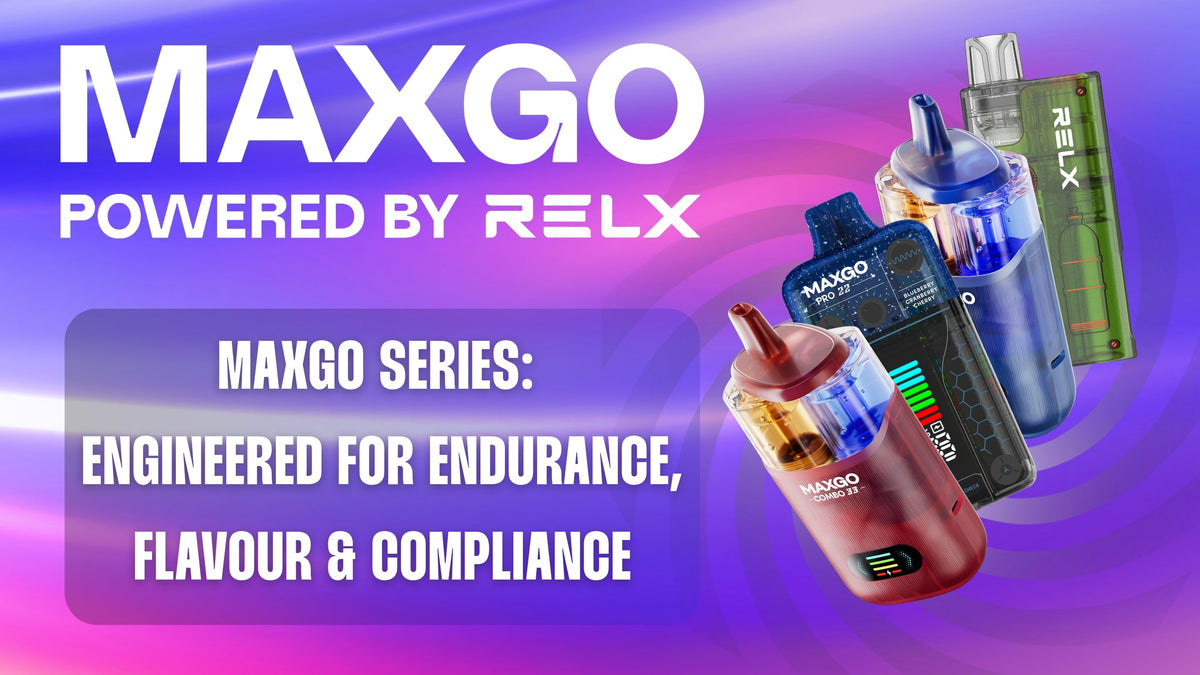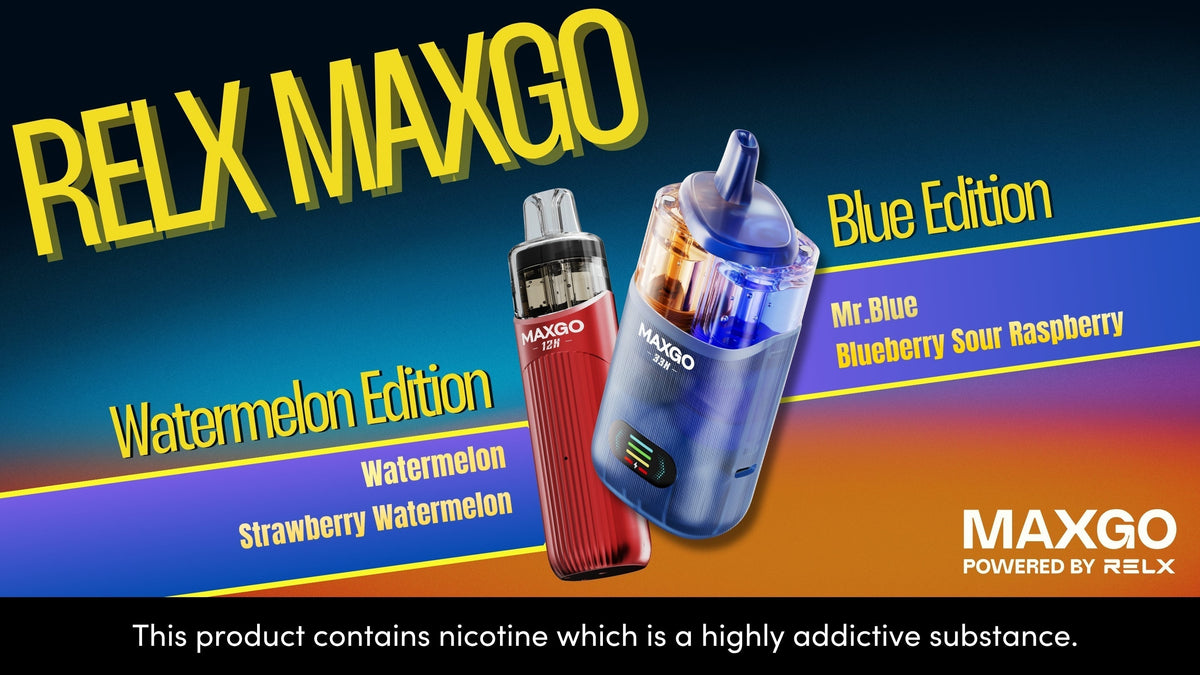How Did Vaping Become Widespread Around the World?
There is no denying it—vaping has taken over the world. What may have started as a niche device or a different way of doing things is now widespread worldwide.
But how did it get this way? Vaping’s rise to global popularity wasn’t exactly an overnight phenomenon. Indeed, the device has been around for nearly a century.
Dive in for a brief history lesson on the factors that caused vaping’s success to accelerate so quickly.
A Century of Innovation
It might seem hard to believe, but the first notions of what we now call a ‘vape’ had their start as early as 1927. It was a century of innovation that pushed the vape device to its international prominence.
The year 1927 was when Joseph Robinson filed a patent for a device that would use electricity to heat tobacco rather than simply burning it. His idea never gained commercial success, but his patent introduced this technological possibility.
In the 1960s, Herbert Gilbert filed yet another patent for a similar product. In fact, it closely resembles the devices used today, though not nearly as sophisticated. Gilbert also created prototypes, but again, the idea failed to become commercially successful.
In the late seventies, computer engineer Phil Ray and physician Norman Jacobson created the first commercialized ‘e-cigarette.’ Its name was somewhat of a misnomer, as it wasn't an electronic device at all. It worked through the evaporation of nicotine rather than the burning of it. Unfortunately, the idea never became successful. Instead, Ray gets credited with introducing the term ‘vape.’
While the valiant efforts of Robinson, Gilbert, Ray and Norman were never commercially successful, their contributions laid the groundwork for the new millennium and the modern vape to take shape.
One Inventor’s Bad Dreams and Tragedy
The early 2000s were abuzz with excitement for what the future could hold, especially concerning technological advancements. Chinese pharmacist Hon Lik was no exception to this, but it wasn’t solely optimism that drove him.
In 2002, Hon realized the nicotine patches he was using to kick his 2-3 pack per day habit were giving him nightmares. Shortly after this, he first began working on a device that would revolutionize the world of nicotine consumption.
Unfortunately, in 2004, tragedy struck. Hon’s father died from lung cancer. The tragedy only pushed him further. He wanted to make a device that made nicotine use cleaner and smoother, and he did.
The earliest designs were cumbersome and difficult to use. They weren't anything like the sleek designs vape users are accustomed to now, and they often required frequent maintenance to keep them running. It was less than ideal. Still, Lik had invented something others had failed to, inspiring a whole new generation of follow-up inventions.
Power in the Hands of the Consumer
The idea of a compact, electrical device that heated tobacco rather than burning it was enamouring to many. For convenience, if nothing else, carrying around a single device rather than a whole pack was understandably desirable. Before the idea could take off, however, innovations had to happen.
Amazingly, many of these innovations started at home in the hands of the consumer. People began to use power tool batteries to customize their devices, which provided a bigger nicotine hit. These consumer innovations are where the term ‘mods’ originates. Customers were modifying the devices they purchased, as they weren't satisfied with what was on the market already.
A Lasting Legacy
Sadly, these modded devices were not to last, but they left a lasting legacy that would shape the new era of vaping.
In the earliest days of the vape, most devices simply consisted of a battery and a heating coil. You don't need an MA in electronics to understand why pairing any old battery with a heating coil wasn't the best idea. Inefficient designs with inappropriate battery use are largely where the reputation of vapes ‘unexpectedly exploding’ originates.
It wasn't until manufacturers started to include more sophisticated circuitry in their devices that the DIY modding could subside. Chinese manufacturers spearheaded these early efforts, mass-producing regulated mods that did not require excessive additions to achieve the desired hit.
Then the real tipping point of popularity entered the scene: the introduction of the vape pen.
A Late Bloomer
Almost a decade after Lik first released his invention into the world, the era of vape appeared to be drawing to a close. However, in the early 2010s, the vape pen hit the scene and changed everything. We can largely attribute the global popularity of vaping to the introduction of the vape pen. Its size and design were immediately appealing to many, and the numbers speak for themselves.
Between 2011 and 2018, the estimated number of vapers jumped by over 34 million. This significant boom in international recognition cemented the vape as a recognized alternative for consuming nicotine. It was quick, easy-to-use, compact, and looked good too.
Enormous innovations have occurred since that point. The market has exploded with new additions to the vaping family, winning new fans all across the world. There is a vape out there for everybody, whether you are a casual beginner or an experienced veteran, and this market shows no signs of slowing down.
Why Does Vaping Remain So Popular?
A significant contributor to the continued success of the vaping industry is the level of customization available.
First, there are the different categories of vapes available (pens, mods, pods, and beyond). Not to mention, there is also vast variance within those categories. There is an abundance of flavours to suit every taste, from fruity to minty and everything in between. Basically, vape has its customer base covered.
This customization extends far beyond simple flavour and design, too. Many vaping devices allow the user to have complete control over how much they inhale at any given point.
This level of consumer choice is unheard of in any other form of nicotine inhalation and allows users only to consume what they're comfortable with and nothing more. That is a substantial bonus to many people and ultimately gives you more agency over what goes into your body.
Where Does Vape Go From Here?
The future of vaping is open for even more innovations, and the industry shows absolutely no signs of slowing down. From humble beginnings to the global behemoth vaping exists as today, whatever the future holds for vape, you can be sure that we're excited to see how it unfolds.
Also in Vape Knowledge

RELX MaxGo Series Showdown: Which Powerhouse Matches Your Vaping Rhythm?

Beyond Disposable: How RELX MAXGO 33K & 12K Redefine Sustainable Vaping Excellence

How Long Until I Can Vape After Wisdom Teeth Removal?
Vaping after wisdom tooth removal is not recommended, as it can cause complications like dry sockets. Patients should wait at least three days before vaping to ensure proper healing and minimize risks associated with the extraction site.















